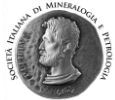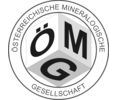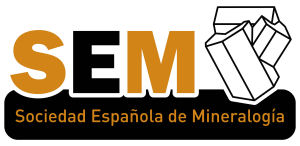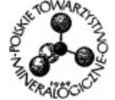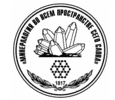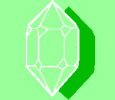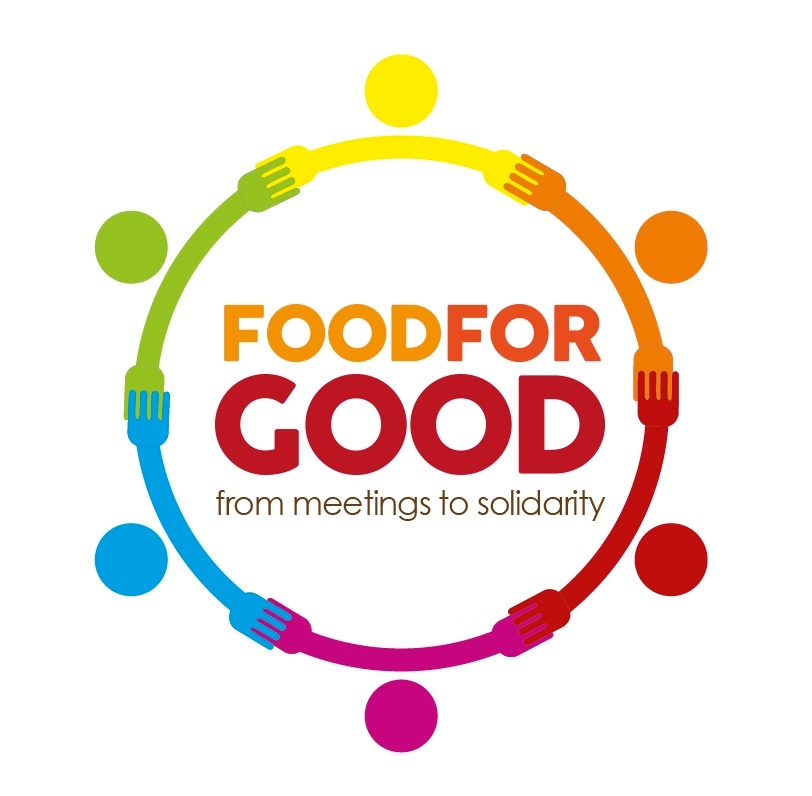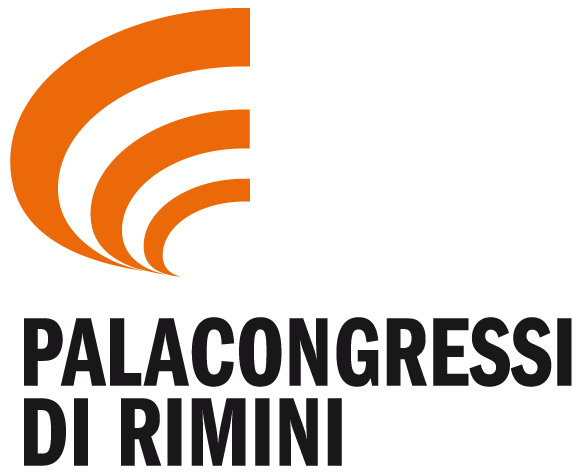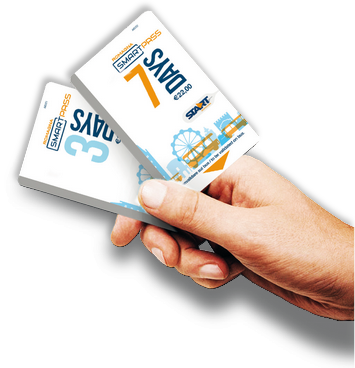Charles Arthur Geiger, Matteo Ardit and Alan Woodland (contact: ca.geiger@sbg.ac.at)
This session is devoted to research relating to experimental, theoretical and computational studies of the structural behavior and energetic properties of minerals. An emphasis is on structure-property relationships, especially for rock-forming minerals (mostly silicates and oxides) and their synthetic analogues. Contributions from several research areas are welcomed. They include: i) diffraction and spectroscopic investigations relating to order-disorder and solid-solution behavior and how they affect phase stability, ii) phase equilibrium, stability relationship investigations, and thermodynamic property determinations, particularly when combined with microscopic considerations and iii) kinetic studies of, for example, atomic diffusion. Work on nanophases, mineral surfaces and their reactions, and other novel mineral property studies are also welcomed. This session will not cover studies mainly focused on purely descriptive mineralogy, crystal structure determinations or refinements, and mineral chemistry.
The Keynote speaker will be Aaron C. Palke (Gemological Institute of America, USA).
Co-convenors: Luca Bindi, Stuart Mills, Marco Pasero and Igor Pekov (contact: marco.pasero@unipi.it)
The session on New minerals, modular structures and mineral groups will have two Keynote speakers:
Frédéric Hatert (University of Liège, Belgium) and Emil Makovicky (University of Copenhagen, Denmark)
Sergey Krivovichev and Edward Grew (contact: s.krivovichev@spbu.ru)
Mineral evolution provides a new perspective on mineralogical science by including time in the consideration of the rapidly accumulating data on minerals, their composition, crystal structure, properties and occurrences on Earth and other planetary bodies. New modes of thinking are needed in order to arrange the data into coherent frameworks emphasizing changes in mineral diversity, composition and structural complexity with time. Approaching mineral diversity as a system amenable to quantitative treatment is one of the emerging fields in mineralogy, and has been attracting considerable interest and attention. This session will be devoted to the review of the current trends in these non-traditional, yet very promising fields of mineralogical sciences.
The Keynote speaker will be Robert M. Hazen (Geophysical Laboratory, Carnegie Institution, Washington D.C., USA)
Luigi Folco, Armin Zeh and Christian Koeberl (contact: luigi.folco@unipi.it)
This session focuses on the cosmochemistry of solar system materials to better understand the chemical evolution of the Solar System's protoplanetary disk and the processes by which its minor bodies and planets formed and evolved. This focus includes targeting bodies of the Solar System of interest for future space missions. The session covers all topics of cosmochemistry of planetary materials (including meteorites, micrometeorites, interplanetary dust particles, and materials acquired through sample return missions from asteroids and comets), and of the differentiation processes affecting the Early Earth, as well as impact processes on earth and other objects in the Solar System, including shock metamorphism.
Krister Sundblad and Erik Jonsson (contact: krisun@utu.fi)
High-Tech Metal Mineral Resources have become increasingly important for the global modern industry, not the least regarding “green” or “clean” technology and electronics applications. Most of the high-tech metals (e.g. In, Li, Ta and a majority of the Rare Earth metals) and their host minerals were originally discovered in Europe. Yet, these discoveries have so far not led to any larger-scale resource supply on the world market. Instead, the current industry is severely dependent on such mineral resources from single countries or regions outside of Europe. In order to avoid a future supply-risk situation, the European Union has identified the need for a more diversified global supply, including the possible utilization of intra-European resources. The European bedrock has already proven to be enough variable and fertile to form concentrations of a number of High-Tech Metal Minerals but the question is whether these concentrations also can be sufficiently large to become economically feasible raw material resources. In this session we invite contributions on High-Tech Metal Mineral targets in Europe, within and outside the European Union.
Contributing Societies
